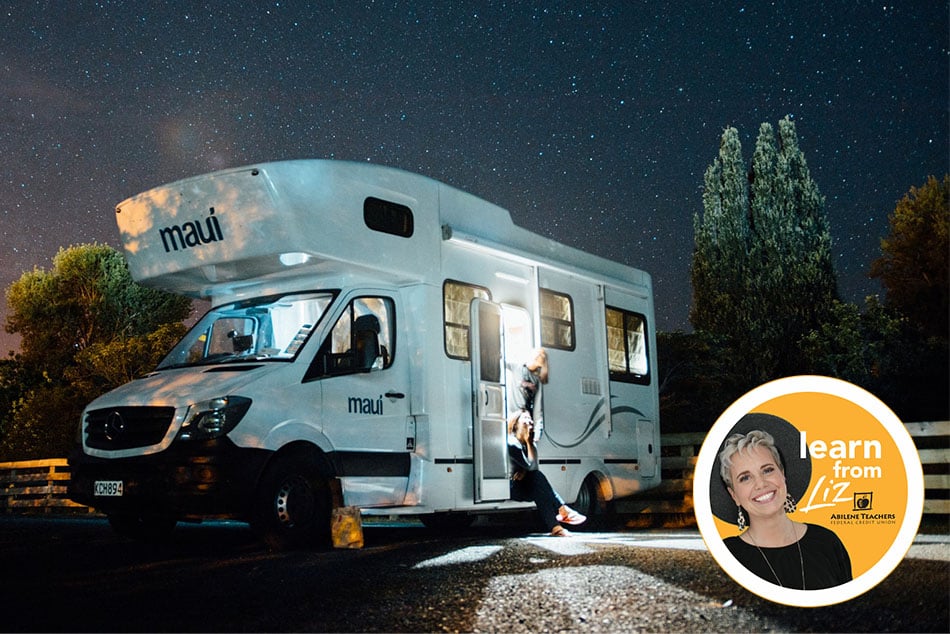What Else You Should Know About Overdraft Protection

If you’ve ever dealt with a returned check or had a debit card unexpectedly declined, you know it doesn’t take much more than a few math errors to end up in an awkward situation. Despite your best efforts to keep an accurate account balance, accidents can and will happen. Maybe your paycheck hasn’t hit your account yet, or your spouse got a tank of gas on the way to work and forgot to tell you.
Whatever the reason, having a transaction declined or returned for insufficient funds can be embarrassing, frustrating and expensive. Merchants may charge penalties of up to $200, and may even refer your bill to a collection agency. You could wind up with damage to your credit report. You could even find yourself in legal trouble. Knowingly writing a check when there is not enough money in the account to cover the promise you’ve made is a felony in most states, and you can face fines and jail time if convicted.
Abilene Teachers has a few solutions for this problem. You may choose one or several depending upon your needs.
Overdraft Transfer links your checking account to either your savings account or your personal line of credit loan and automatically transfers funds to pay the overdraft. The price is right – it’s free!
Classic Overdraft Protection is a program that automatically covers specified overdraft transactions, up to a total of $100, for checking accounts. Classic coverage applies to paper checks and repetitive automated payments you have established, such as gym memberships, loan payments, etc. It’s our way of extending you the courtesy of covering your transaction(s) while assuming you’ll pay for it/them later.
Premium Overdraft Protection has the same program details as Classic with a higher dollar coverage amount. Abilene Teachers FCU determines eligibility based on multiple factors including, but not limited to, member’s history of responsible account management, direct deposit amount and timing, ChexSystems history, etc.
Extended Overdraft Protection covers overdrafts made when using your debit card for everyday spending or at ATMs. In order to be eligible for Extended Protection, you must qualify for and have access to either Classic or Premium Overdraft coverage.
At the time your checking account is opened, you will be asked to accept or decline each of the overdraft protection levels described above. If you change your mind, simply contact a Member Services Representative during normal business hours.
There is a $25 charge for each overdraft covered under Classic, Premium, or Extended overdraft protection.
It’s important to note that Overdraft Protection is not a loan, and shouldn’t be thought of as a line of credit. It’s protection against emergencies and unexpectedly not having enough money in your account. It should not be treated like a credit limit on your debit card or relied upon to buy necessities. You may ask Why Not? It’s because the transaction fees plus the overdrafted amounts add up quickly. The credit union expects repayment within a short period of time.
Some exceptions to this coverage may apply. A Member Services representative will be pleased to explain the details in order to help you make the best decision for your personal situation.


